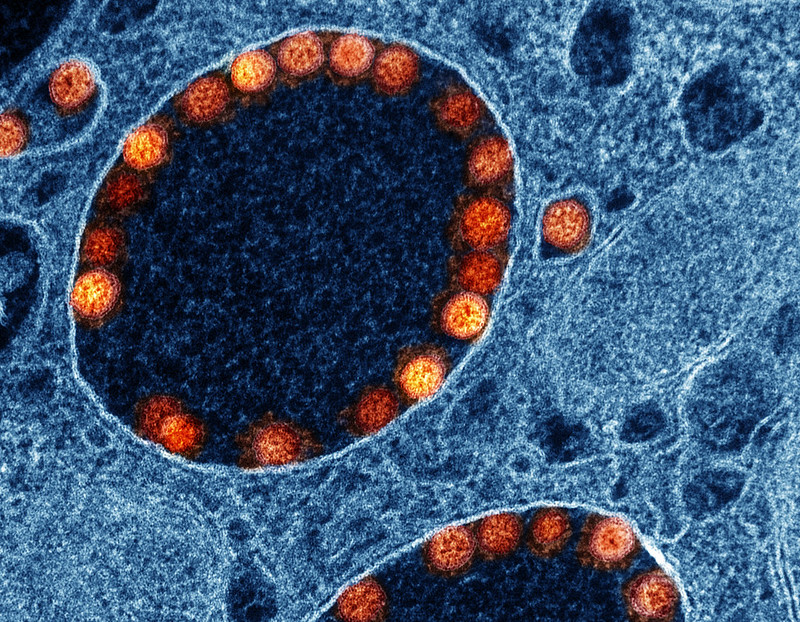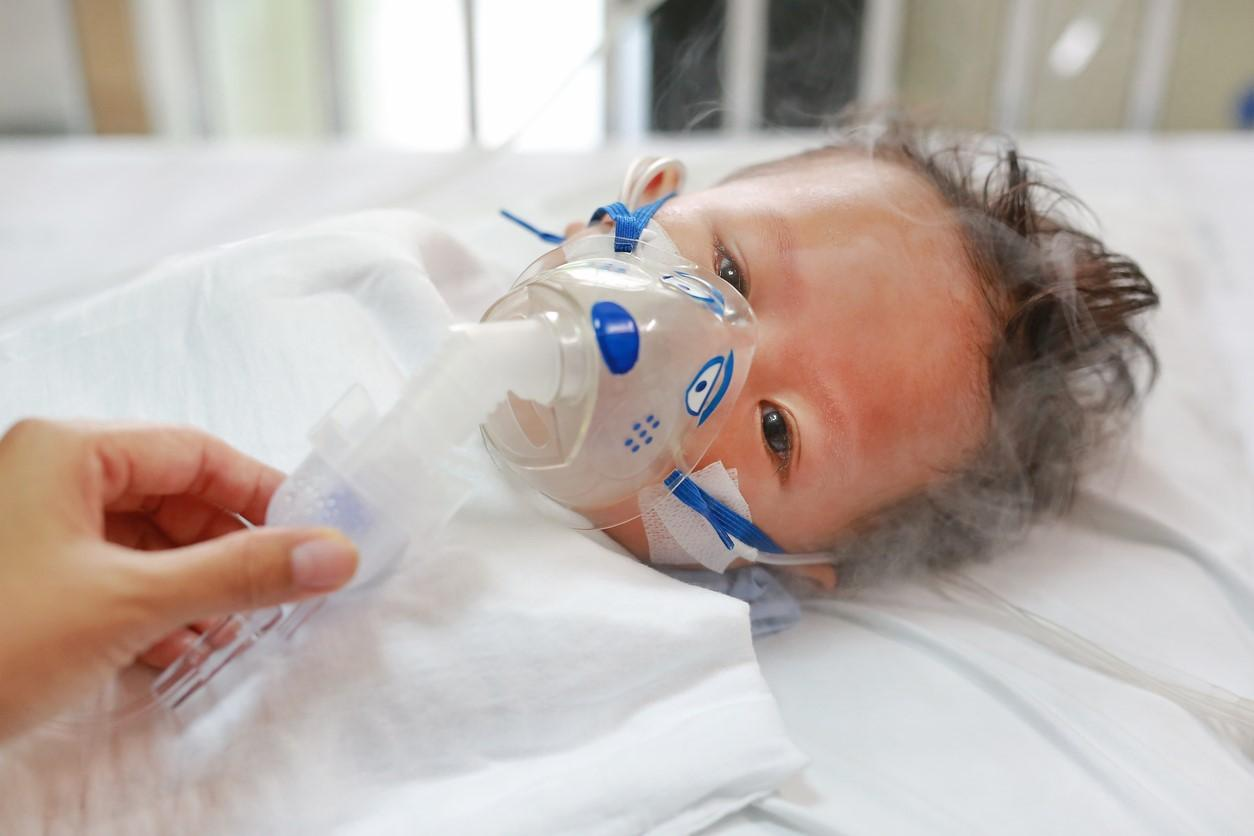Singapore's health ministry recently announced that its closely monitoring a recent rise in COVID-19 infections, noting cases were up sharply for the week ending May 11, with a rise in hospitalizations, but intensive care unit (ICU) admissions remaining low.

Two JN.1 variants, KP.1 and KP.2, make up more than two-thirds of Singapore's COVID cases. The ministry said JN.1 and its sublineages remain dominant globally and that KP.2 is one of the variants that the World Health Organization (WHO) recently added to its list of variants under monitoring.
The ministry said there's no sign that illnesses involving circulating variants are more severe or transmissible, but it said population immunity has likely waned over time. It urged people to stay updated with their COVID vaccines, especially those at greatest risk for severe disease.
Scientists have been tracking a steady rise in JN.1 offshoots that have two added spike mutations, nicknamed the FLiRT (F for L at position 456 and R for T at position 346), which may give them more immune-evasive properties. KP.2 has the FLiRT mutations, and over the past few weeks in the United States it topped JN.1 to become the dominant variant.
Uptick in the UK
The United Kingdom has reported a modest rises in cases and hospitalizations, up from very low levels.
The UK's Health Security Agency is urging eligible people, including nursing home residents, to book their spring COVID vaccine boosters.











